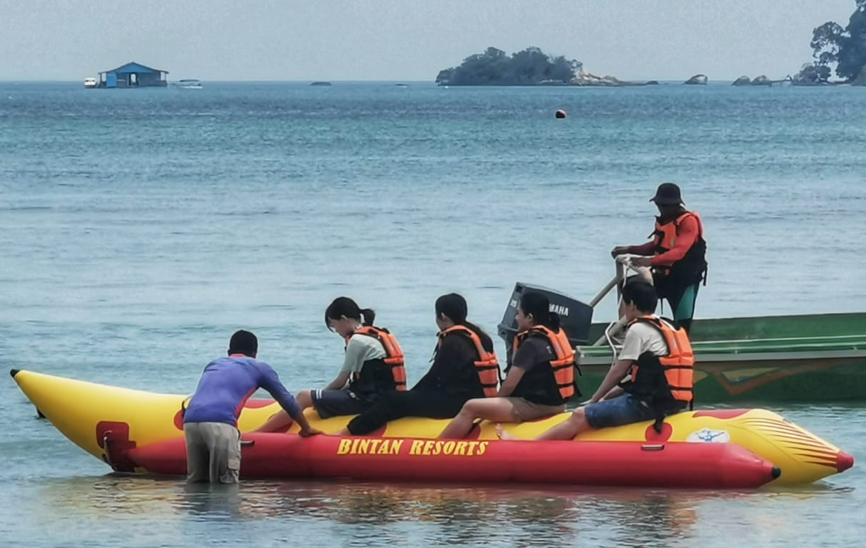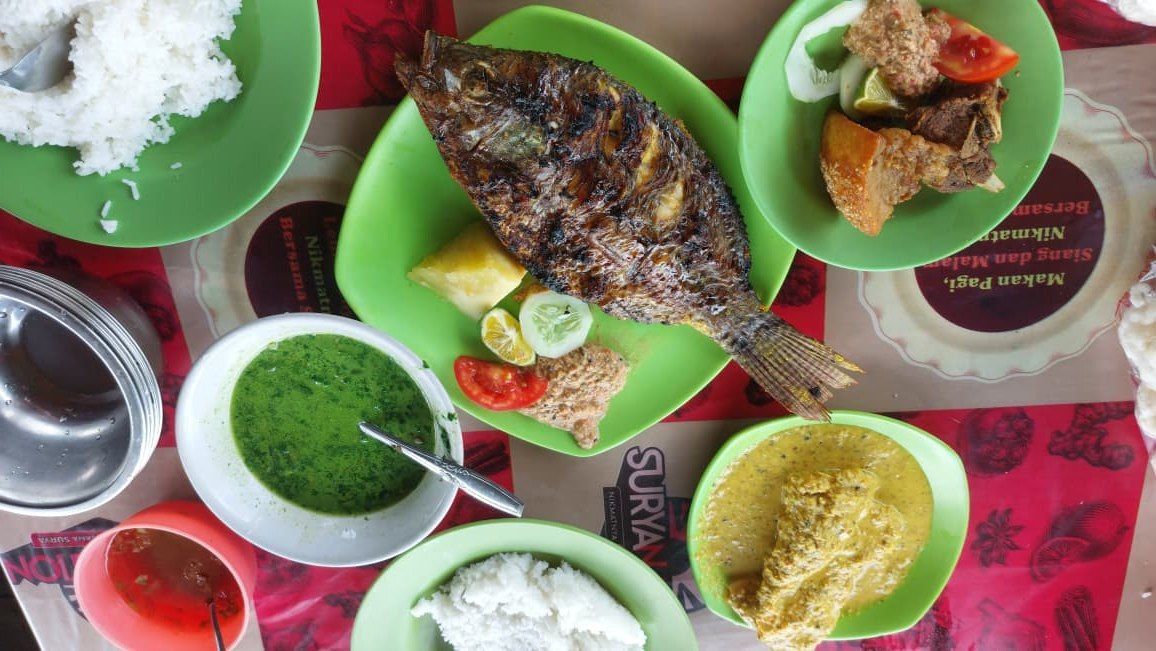Amid the NBA's ongoing betting scandal, it's now college sports' turn to confront gambling in basketball.
The NCAA Committee on Infractions has permanently banned six players after uncovering three alleged betting schemes at three separate schools.
The purported schemes are unrelated, according to the NCAA, but all involve 'betting-related game manipulation and/or student-athletes providing information to known bettors,' according to an official press release.
The banned players include New Orleans' Cedquavious Hunter, Dyquavian Short and Jamond Vincent, Mississippi Valley's Donovan Sanders and Alvin Stredic, as well as Arizona State's Chatton 'BJ' Freeman.
The players are no longer enrolled at those schools, according to the NCAA, which did not list any legal representation for the accused. They're not facing any criminal charges at this time.
Furthermore, according to the NCAA Committee on Infractions, the student-athletes knowingly provided false or misleading information to investigators. However, it was the sports betting violations that triggered permanent ineligibility as the players are accused of violating NCAA ethical conduct rules.
BJ Freeman already moved on from Arizona State prior to his permanent NCAA ban
Cedquavious Hunter (seen here with Cal State Bakersfield) is one of three former New Orleans players to get a permanent NCAA ban over an alleged gambling scheme
The NCAA ruling comes after the FBI made 30 arrests in recent weeks in an ongoing investigation into Mafia-linked poker games and an illegal betting scheme, both of which allegedly involved NBA figures.
Portland Trail Blazers head coach Chauncey Billups, Miami Heat guard Terry Rozier and ex-NBA guard and assistant coach Damon Jones were all arrested on charges of conspiracy to commit wire fraud and conspiracy to commit money laundering.
According to prosecutors, Billups and Jones were used as 'face cards' to lure unsuspecting gamblers to rigged poker games in one alleged $7 million scheme. Meanwhile, Jones and Rozier are accused of providing inside injury information to gamblers in a separate alleged scheme.
Both Billups and Rozier have declared their innocence in separate statements, while Jones pleaded not guilty to charges in both cases during his two arraignments at a federal court in Brooklyn on Thursday. Billups will be arraigned on November 24 while Rozier's arraignment is scheduled for December 8.
Alvin Stredic Jr. (left, during his time at Arkansas-Pine Bluff) knowingly gave inside information to a better for gambling purposes when he was at Mississippi Valley, according to the NCAA
Meanwhile, UFC president and CEO Dana White has said he's been in touch with the FBI regarding unusual betting patters on a recent match.
As for the allegations against the six banned players, the NCAA relied on several inside tips.
Hunter, Short and Vincent were overheard by an anonymous teammate discussing betting plans for a New Orleans-McNeese State game in December of 2024, according to the NCAA. They ultimately lost, 86-61.
The informant told NCAA investigators he was instructed by Short during a late-game timeout not to score any more points.
NCAA investigators claim to have uncovered text messages on Vincent's phone in which he allegedly instructed his teammates to 'throw the game.' Short and Hunter also discussed receiving $5,000 in messages recovered from Short's phone, according to the NCAA.
The NCAA claims to have found evidence Hunter, Short and Vincent manipulated their performances in seven games in a conspiracy with outside bettors.
As for the alleged scheme at Mississippi Valley, the NCAA launched an investigation after reports surfaced in February claiming an NBA gambling ring potentially had ties to the HBCU. One player told investigators he'd overhead Sanders discussing 'throwing the game' on the phone with an unknown person, further alleging Sanders asked him to participate in the scheme.
New Orleans Privateers guard Jamond Vincent also received a permanent NCAA ban
According to the NCAA, Sanders told investigators he and Stredic were offered money to throw a game by an anonymous caller, but denied altering their performances.
However, according to the NCAA press release, enforcement staff sill proved Sanders and Stredic knowingly gave inside information to a better for gambling purposes.
Freeman is accused of providing information to a gambler on four separate occasions in 2024. He is said to have participated in a negotiated resolution and agreed to his violations.
Hunter and Sanders declined to participate in their cases, while Short, Vincent and Stredic were unresponsive to enforcement staff, according to the NCAA.
A month ago, the NCAA declared three former Eastern Michigan players ineligible for refusing to cooperate with a Committee probe into potential violations.
The NCAA announcement comes as the organization is set to allow student athletes to gamble on professional sports. The change was initially approved by Division I, II and III, until the Division I board voted to delay the start of the new policy until November 22.
NCAA athletes will continue to be forbidden from gambling on college sports, and the organization has pushed for a ban on prop bets at the college level.

 2 months ago
91
2 months ago
91

















































